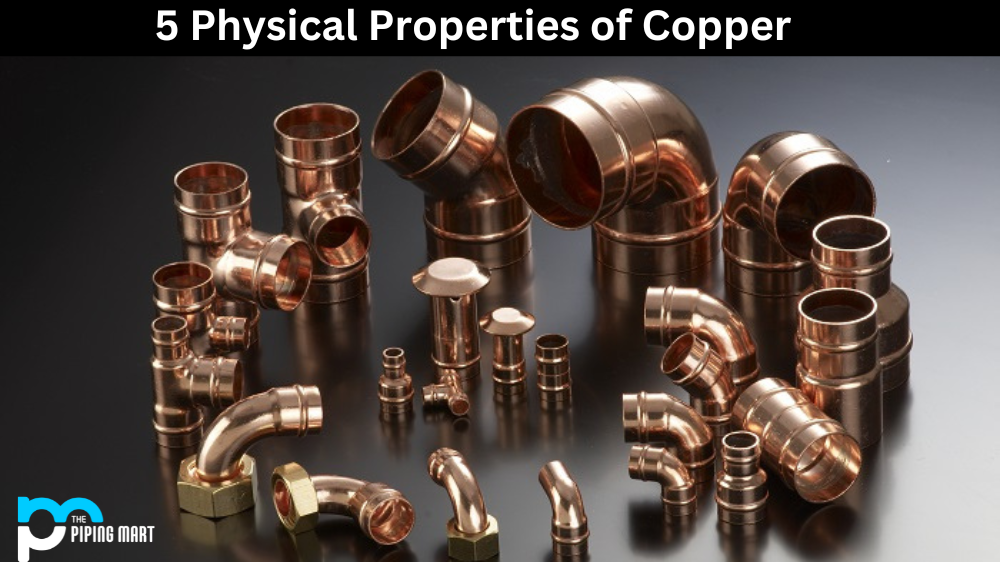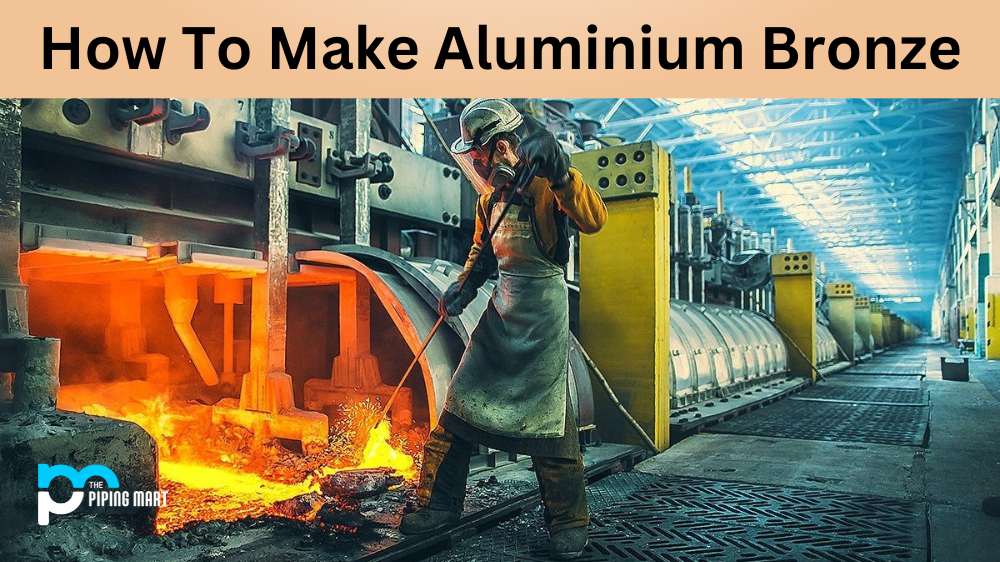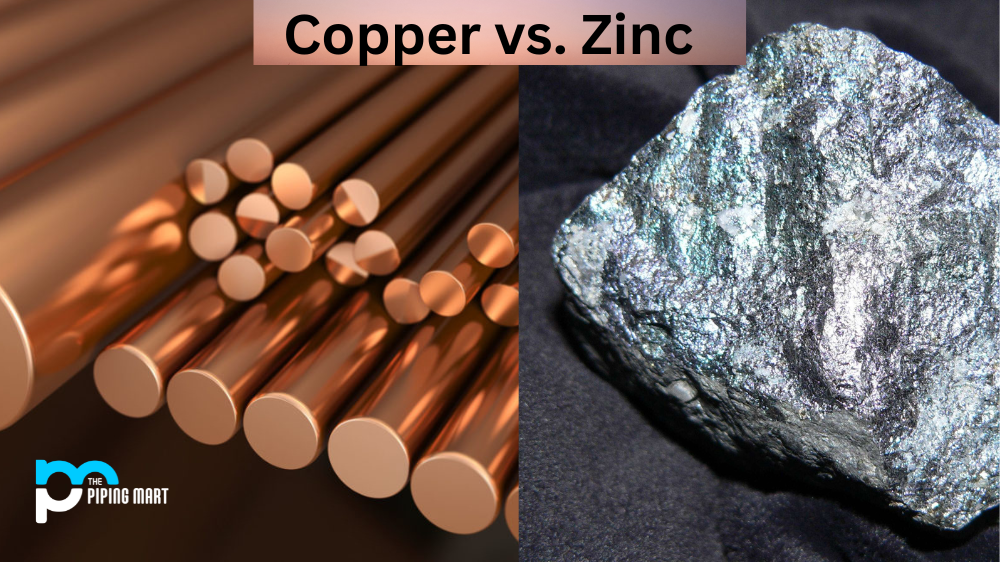Copper is one of the most widely used elements on earth. It is an essential element that can be found in everything from electrical wiring and plumbing to jewellery and coins. Copper has various physical properties that make it so useful and versatile. Let’s look at five properties that make copper an essential part of our modern world.
Malleability
One of copper’s most unique physical properties is its malleability. This means copper can be easily pounded into different shapes without breaking or cracking. This makes copper ideal for making thin sheets, wires, and tubing for plumbing systems, electrical wiring, and other uses. This property also makes it easier to work with when creating jewellery or coins.
Flexibility
Copper is also very flexible and can be bent or twisted without breaking or cracking. This property is well-suited for use in plumbing systems, electrical wiring, and cables. Its flexibility allows it to bend around corners or through tight spaces easily.
Corrosion Resistance
Another important physical property of copper is its corrosion resistance. It doesn’t rust like other metals when exposed to weathering conditions like wind, rain, snow, and salt air. This makes copper perfect for outdoor applications such as roofing materials, gutters and downspouts, sculptures, etc., since they won’t corrode over time as other metals would.
Electrical Conductivity
Because of its chemical structure, copper has excellent electrical conductivity, meaning that electricity flows through it easily and efficiently without any loss of power or heat buildup. Copper wires are used everywhere in homes and businesses for electrical wiring because they are so efficient at conducting electricity without any loss or risk of overheating due to power surges or overloads.
Thermal Conductivity
Along with its excellent electrical conductivity comes good thermal conductivity as well, which means that heat transfers through copper more quickly than some other metals like aluminium or stainless steel, would allow for faster cooling-off times after exposure to hot temperatures/heat sources such as soldering irons or ovens/stoves/fireplaces etc.
Conclusion:
All these physical properties make copper an invaluable material in many industries today, ranging from construction to electronics and beyond! Its malleability, flexibility, corrosion resistance, excellent electrical conductivity and thermal conductivity all combine to make this elemental metal an essential part of our modern world! Whether you’re looking for something decorative like jewellery or coins or something functional like plumbing pipes or electrical wiring – you can count on copper!
Meet Heer, a dynamic and driven writer learning tricks of her trade in the metal industry. With a background in Digital Marketing, Heer brings a unique perspective to her writing, sharing valuable insights. Apart from blogging she like reading and hiking.




